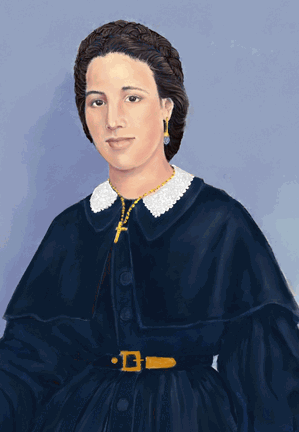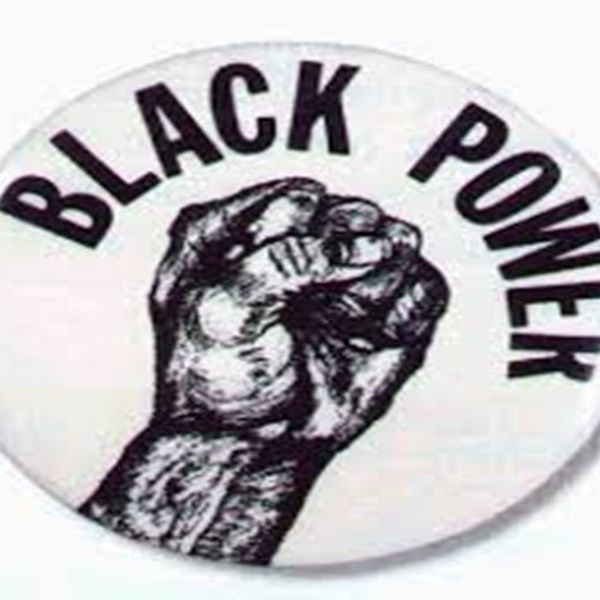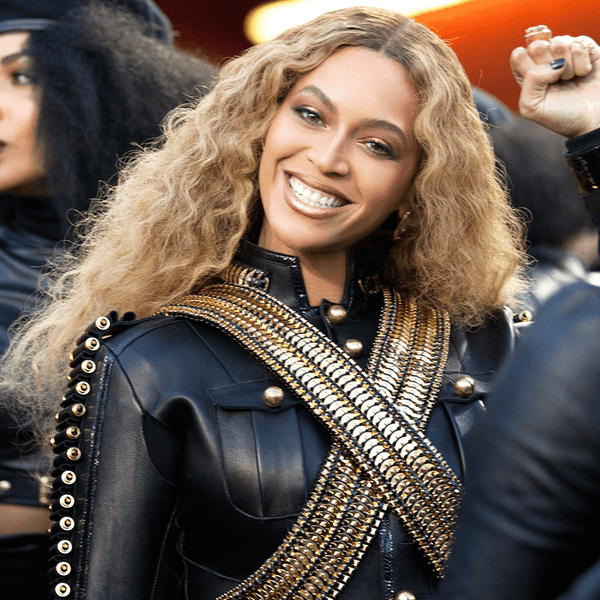I was scrolling through Facebook reading through my feed when I came across Dr. Yaba Blay’s article, “On 'Jackson Five Nostrils,' Creole vs. 'Negro' and Beefing Over Beyoncé's ‘Formation’.” The article really got me fired up, but I decided to keep reading and give Dr. Blay a chance. She stated, "We won’t allow others to have opinions that are different than our own without coming for their necks. But we have got to be honest enough to react to "Formation" from a personal place." Here is my honest reaction from a personal place as a Creole woman from New Orleans.
Dr. Blay referenced an interview that she conducted with three Creole women in different generations of the same family to make her argument. She stated, "These women’s testimonies only confirmed what I had always known: that much of the investment in Creole identity is predicated on a vehement rejection of Blackness.” However, it appears more that the testimonies did only a little more than adding weight to preexisting opinions and assumptions that she already had about Creoles.
"Negroes," or those who were enslaved in Louisiana, were treated unfairly. You know what, "unfair" isn't even the word. There is no word to describe how terrible slavery was and how horrible slaves were treated, especially in the South. No excuses need to be made for that. "Negroes," did not choose to be enslaved and Creoles did not choose not to be enslaved. No one got a choice and "Negroes" got the worst, most messed up part of the deal. There's no arguing about that. Both groups were black, yet only one group had to deal with the severe, brutal, cruel oppression that comes with being black (at that time). But to sit here and act like Creoles are somehow the antagonists in the dialogue that is New Orleans and are somehow hugely supporting colorism comes from a place of bias and ignorance.
Dr. Blay spoke about her interview, but did she interview Creoles who had been cast out, even today, by other people of color? They exist. Did she not seek them out, or did she fail to mention them?
I’ve been picked on, beaten, ostracized, and treated highly unfairly by other, non-Creole black people because I'm Creole. I'm not the only one. There are others. Colorism exists on all sides of the "Black" culture and color spectrum.
I've been called a witch, a prostitute, stuck up, a slut, and various other offensive terms that support negative Creole stereotypes. It was so hard to make friends growing up in New Orleans because the Creole population was so small and other black girls would pick on me. I was constantly on edge because girls would try to cut off my hair at nap time or when they sat behind me in class. I've been cursed out and pushed down the stairs. Screamed at. Yelled at. Made to feel less than. I couldn't fit in. I didn't know I was Creole. I didn't know I was “different” from the other black girls. I didn't know my hair was different or my face and body supposedly looked different until someone told me. Not until it was explained to me.
But am I going to sit here and act like this is somehow worse than what non-Creole people of color went through? No, I'm not. Slavery was more than horrible and my people didn't have to go through that. They were on the other side doing whatever else because they didn't have to deal with slavery the way "Negroes" did. Some didn't involve themselves, some were activists and abolitionists, some owned slaves themselves, some got to legally go to school (even college), some were the mistresses of owners, others did whatever else. Let's just be honest about what happened. Let's not defend it. It happened and it was ugly. Creoles in general probably could have done more, some were either too scared to or just didn't care. It’s not an excuse, just a reality.
Yet racism still remains. The Civil Rights Movement affected us all. Whites who supported racism finally got to stick us all into a box and oppress us all together. But, at the end of the day, when the non-Creole blacks were called "n***ers," it hurt worse than it could ever hurt us. For them, that word has more power and more meaning, and with me being Creole, it just isn't going to hurt as bad as it would for someone who isn’t. I don't get to use that imagery of a man, stolen from his home, shipped to a colony under harsh conditions, auctioned off, separated from his family, sent out to work on the fields as a slave in terrible conditions, being beaten into submission while having his name, his religion, his culture, his rights, his humanity, and everything stripped away from him. That's not my story and I don't get to claim that. However, it is crucial that everyone recognizes that story.
Beyonce's lyrics gave recognition to the Creole community in a positive light. I remember looking up the lyrics on Rap Genius just to check and see if this representation actually happened, that I wasn't imagining things, and to see such a major website give this positive, unbiased explanation of "Creole" made me feel incredibly happy. Representation is crucial. I had this one moment of Creole being talked about as a positive thing. Where we weren't being exploited by the tourism industry, not having some Cajuns steal or appropriate our culture, not be associated with voodoo or witchcraft, or anything negative. Creoles are rarely recognized and when they are, they either get no redeeming qualities or are disassociated from Creole culture all together. Henriette DeLille, a nun, activist and incredibly important figure in the Creole community, was not even recognized as Creole woman when she was being considered for Sainthood. Instead, we get the least flattering aspects of Marie Laveau as a brutal voodoo queen obsessed with sex and the dark arts, rather than a successful business owner, and an influential figure who created an environment for positive interracial gatherings

Henriette DeLille (from New Orleans Past)
For a few days, blacks were still in this group celebrating Beyonce’s song, and Creoles got a few seconds of positivity where we weren't being made to feel ashamed before Creole heritage was made out to be “bad” again.
A lot of us are out here saying, "Well, it's all black, so why does it matter? Why do we even need Creole?" Creole is not only a people, it's a culture. All the races and ethnicities that we're mixed with, we took those aspects and put it into our language, our food, our music, our everything, and made it something that we're proud of.
I can call out racial injustice, slavery, and all these horrible things for being horrible because they are horrible. I'm going to stand up and talk about it. I'm going to fight for peoples' rights. I'm not going to sit back and say that it's not my problem or it doesn't matter or say it doesn't count just because my family didn't face certain struggles that others faced in the past. I may have "different hair" or not fit the image of “blackness” that some would like me to, but people of color seem to see each other a lot differently than the actual racists in this country do. If the Ku Klux Klan had the chance, they would hang, rape, burn, and abuse every single black person just the same. They see us all as a bunch of "n***ers" and they don't care about us either way. Choosing not to celebrate ourselves while standing in unity is just doing them a favor.
Calling myself Creole is not a rejection of my blackness, and I'm not about to put myself into a box and call myself "African American" in some attempt to abandon my heritage and fit in because people who are different don’t like my differences. My Native American Great Grandmothers, my French Great Grandfathers, my Spaniard great-great grandmother, and the countless other people in my family who weren't "black" did nothing wrong to me. I should not and will not hide them. I’m proud of every heritage and every ancestor that contributed to my bloodline, to my DNA, no matter where they came from.
"Creole" is not an exclusion. Being Creole is an inclusion. Creole is a simultaneous acknowledgement of all parts of me. I am Creole as much I am an American, as much as I am apart of the black community. I love being Creole. I love my culture, I love our language, I love our traditions, I love our fashion, I love our accomplished figures in our community, and I especially love our food. I hate the colorism and the negative aspects of our history, however I won't ever deny or justify its reason for existing.
Were the people who the author referred to in the interviews who were horrible to dark skin people wrong? I'm not denying that. Hate is never OK. Have I ever been told to stop going out into the sun because I'll get darker. Yes, and I don't like having restrictions on my life and I like how I look with this tan and I'm going outside anyway. Am I denying the "brown paper bagging" that some participated in? Nope. But don't sit up here and point fingers and put us all into this box of careless, colorist, racist people who exist for no reason other than to find a way to not be black.
Everyone has their own views based on their life experiences. I know this author was not coming from a place of hate. But this is a conversation that I've been having for years and now people are finally ready and care enough to respond. So let’s first educate ourselves and then discuss.





















